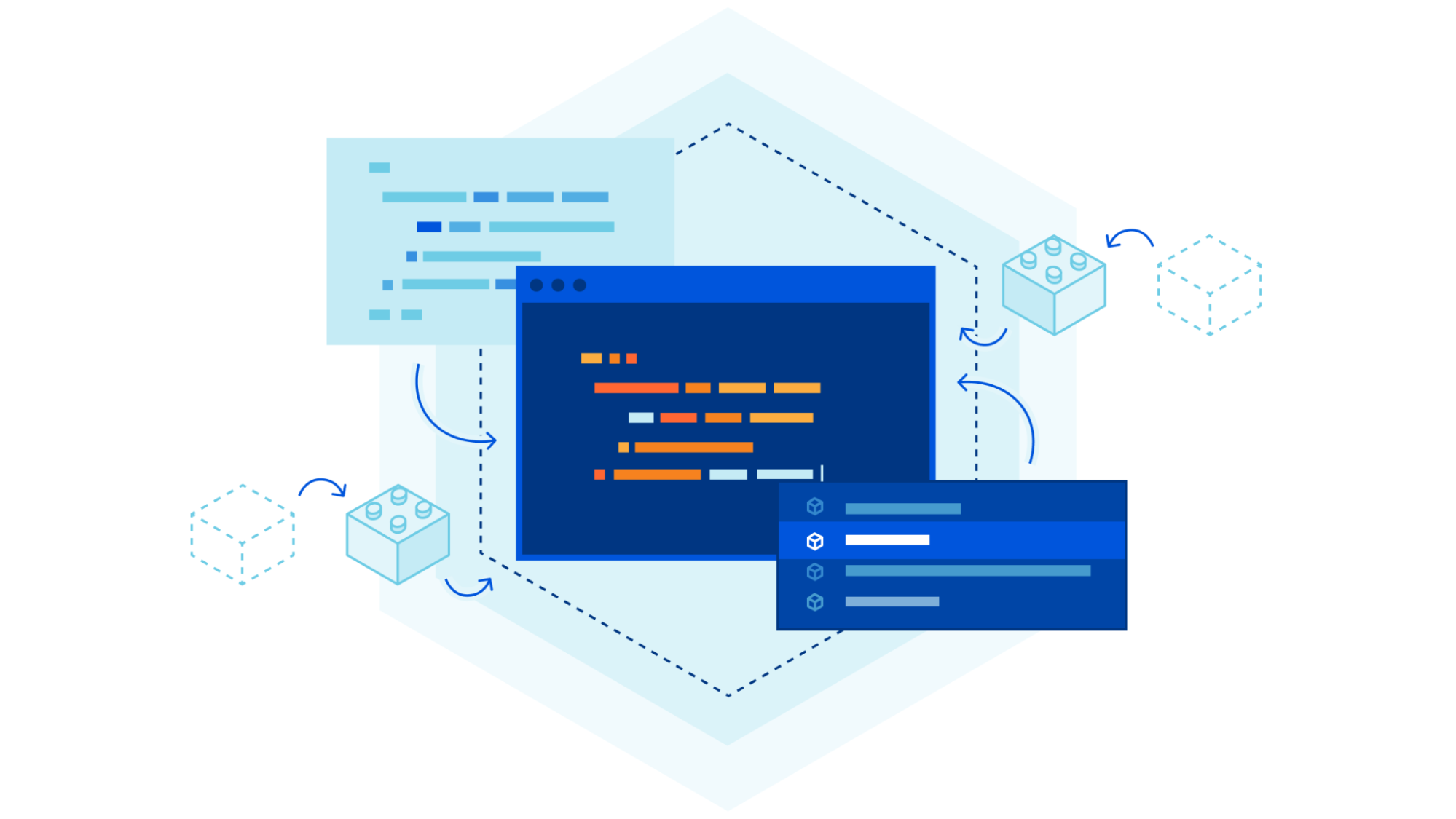Author Archives: Jacob Bednarz
Author Archives: Jacob Bednarz
In November 2022, we announced the transition to OpenAPI Schemas for the Cloudflare API. Back then, we had an audacious goal to make the OpenAPI schemas the source of truth for our SDK ecosystem and reference documentation. During 2024’s Developer Week, we backed this up by announcing that our SDK libraries are now automatically generated from these OpenAPI schemas. Today, we’re excited to announce the latest pieces of the ecosystem to now be automatically generated — the Terraform provider and API reference documentation.
This means that the moment a new feature or attribute is added to our products and the team documents it, you’ll be able to see how it’s meant to be used across our SDK ecosystem and make use of it immediately. No more delays. No more lacking coverage of API endpoints.
You can find the new documentation site at https://developers.cloudflare.com/api-next/, and you can try the preview release candidate of the Terraform provider by installing 5.0.0-alpha1.
For anyone who is unfamiliar with Terraform, it is a tool for managing your infrastructure as code, much like you would with your application code. Many of our customers (big and small) rely Continue reading

In case you missed the announcement from Developer Week 2024, Cloudflare is now offering software development kits (SDKs) for Typescript, Go and Python. As a reminder, you can get started by installing the packages.
// Typescript
npm install cloudflare
// Go
go get -u github.com/cloudflare/cloudflare-go/v2
// Python
pip install --pre cloudflare
Instead of using a tool like curl or Postman to create a new zone in your account, you can use one of the SDKs in a language that you’re already comfortable with or that integrates directly into your existing codebase.
import Cloudflare from 'cloudflare';
const cloudflare = new Cloudflare({
apiToken: process.env['CLOUDFLARE_API_TOKEN']
});
const newZone = await cloudflare.zones.create({
account: { id: '023e105f4ecef8ad9ca31a8372d0c353' },
name: 'example.com',
type: 'full',
});
Since their inception, our SDKs have been manually maintained by one or more dedicated individuals. For every product addition or improvement, we needed to orchestrate a series of manually created pull requests to get those changes into customer hands. This, unfortunately, created an imbalance in the frequency and quality of changes that made it into the SDKs. Even though the product teams would drive some of these changes, not all languages were covered and the SDKs Continue reading